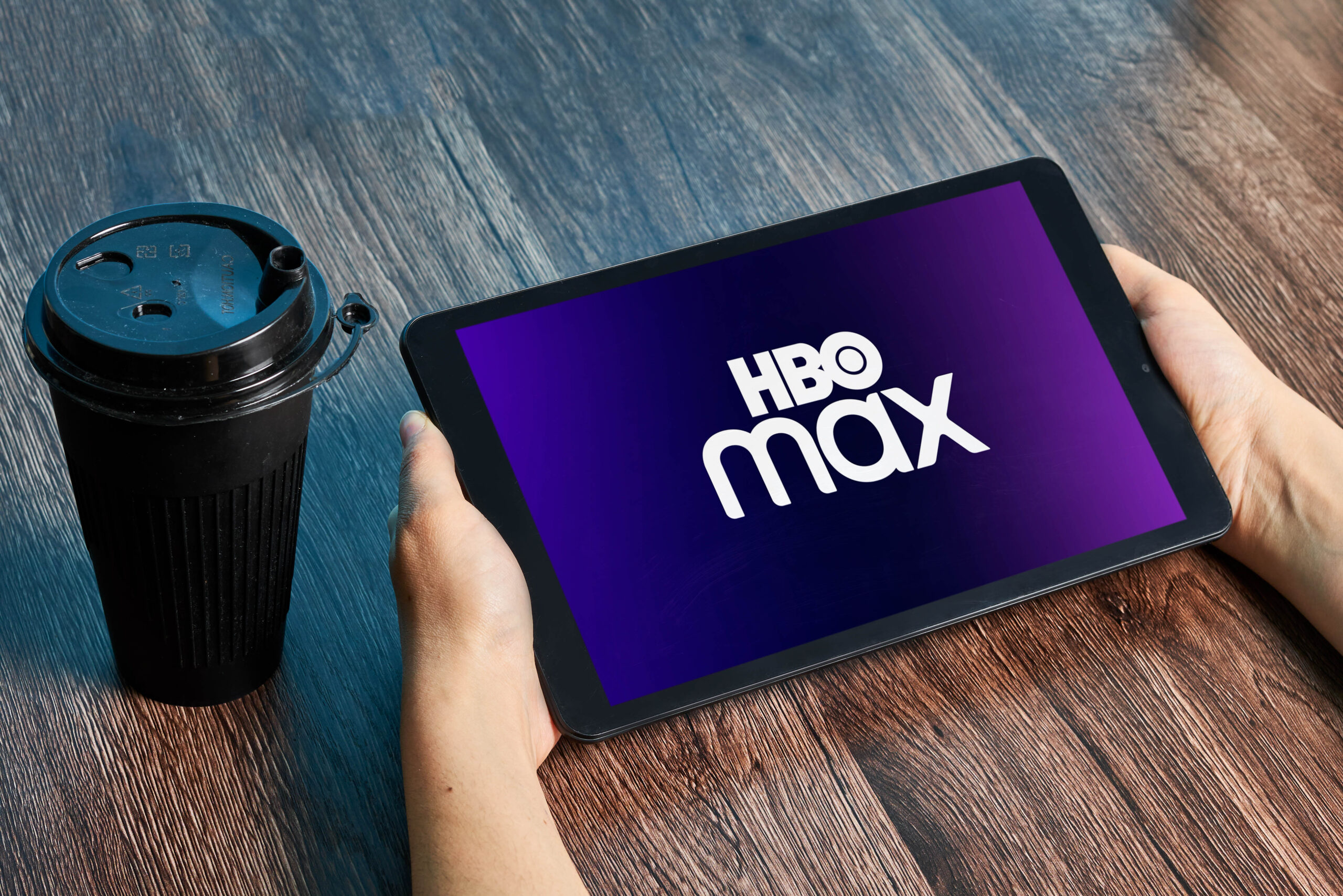On May 23, Warner Bros. will merge their two streaming services: HBO Max and Discovery Plus under a new service simply titled Max. The vast collection of media on both sites —- shows like “The Last of Us,” “House of the Dragon,” “The White Lotus” and more will now appear next to Discovery Plus shows such as “90-day Fiance” and “MILF Manor.” Max will have two tiers: an ad-free one costing $16.99 and a tier with ads costing $9.99. This is the same price HBO Max subscribers currently pay, but it will be a price hike to Discovery Plus subscribers, who paid just $6.99 for an ad-free subscription and $4.99 for a subscription with ads. Warner Bros. has reported that current Discovery Plus subscribers will be grandfathered into the New Max subscription at the price they currently pay — temporarily.
It is a move indicative of the new regime at Warner Bros. as David Zaslav, the new CEO and President of Warner Bros. Discovery has already become an unpopular figure due to his decisions to end finished projects such as “Batgirl” and ”Minx” seemingly for tax write-offs. Several other titles simply vanished, which created a firestorm of reactions on social media. Teams of people involved in kids, unscripted, family and international content were laid off. Former HBO Max executives revealed that this corporate reshuffling left behind few creatives of color and was part of Warner Bros’ efforts to “court Middle America.”
A closer look at the demographics of the two subscription services discloses how the merger fits into Warner Bros.’ new ideology for Max. HBO Max subscribers are reportedly made up of more diverse groups, while Discovery Plus is more popular with older white people. Discovery Plus, a recent executive said, was aimed towards a “general audience” while HBO Max was created with more “specificity.” The recent cullings at HBO Max could be viewed as an attempt to make HBO Max more “palatable” before it joins Discovery Plus, to appeal to the demographic Warner Bros. is attempting to pursue.
The decision to name the new subscription service Max has come as a baffling business decision to many, especially the decision to drop “HBO” from the title of this new subscription service. Over the past two decades, the name HBO has slowly begun to be associated in people’s minds with prestige television, from classics such as “The Sopranos” and “The Wire” to newer award-winning shows such as “Succession” and more. As a matter of fact, every show that has been predicted to be a frontrunner in the Drama category at the Emmys by various awards pundits have been HBO Max shows. To throw away a title that has garnered so much cultural capital and respect from the entertainment industry and the world appears like a puzzling move.
While no future prize hikes for the Max subscription have been announced yet, it is difficult to imagine they won’t happen, given the financial needs this merger is bound to create. If this happens, how will consumers feel about it, given the endless number of subscription services in existence? Most people don’t necessarily want or can afford more than one or two streaming subscriptions. And it is not as if there is a huge demand for access to Discovery Plus amongst current HBO Max subscribers. Most might not appreciate being forced to pay extra to access a library of media they never wanted, and could wind up canceling their subscription altogether. Although that may not be a problem for Warner Bros. The bigger question is if Discovery Plus subscribers, made up of the demographic they appear to have decided to appeal the most to, will they still decide to tune in?








